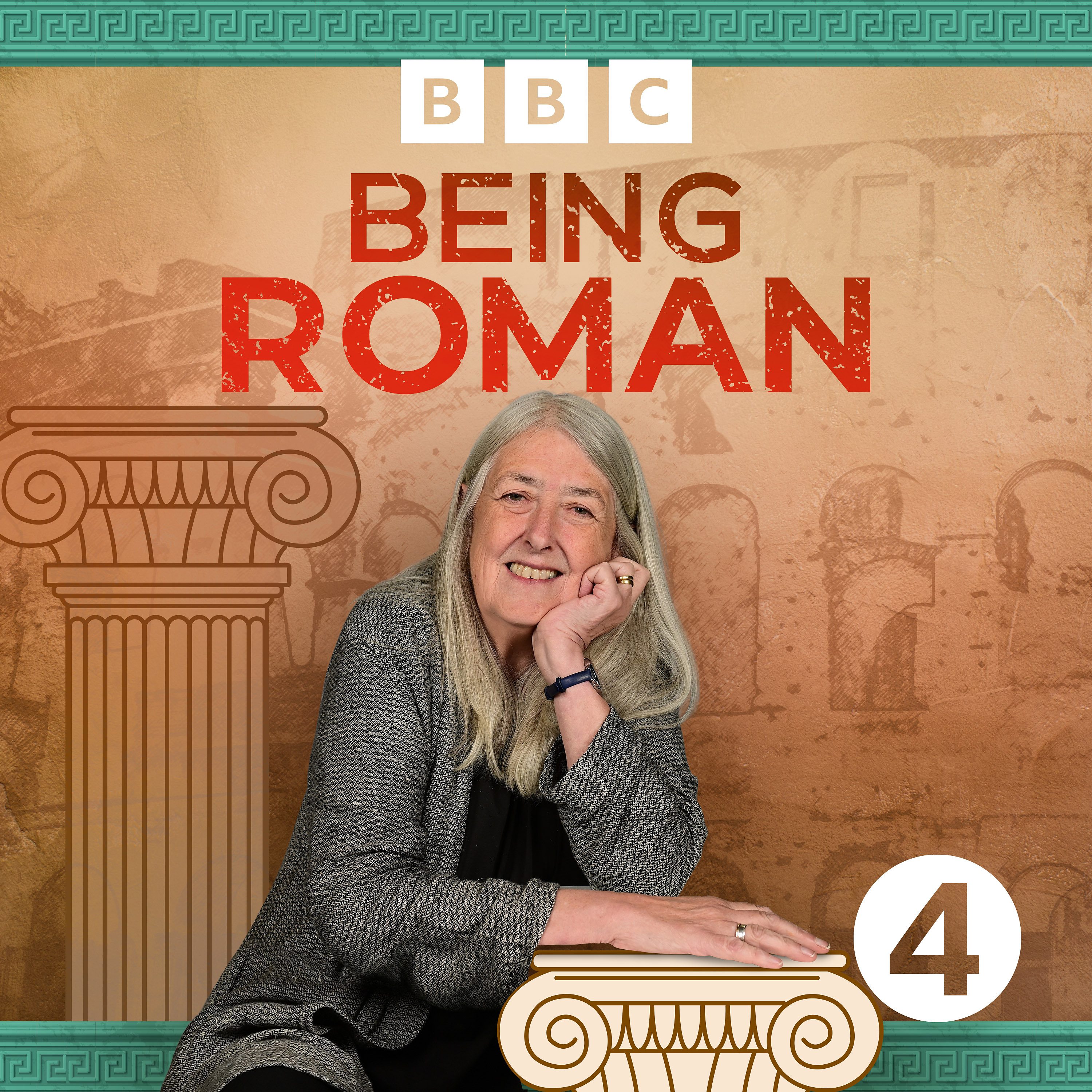12. The Wolf of Via Vesuvio
Description
Lucius Caecilius Iucundus kept the economic wheels of Pompeii well greased. He was a middle man doing very nicely- part money-lender, part auctioneer, part banker, all hustler.
Thanks to the eruption of Mount Vesuvius and the preservation of the ruins of Pompeii, we can still visit his house, look at his bronze portrait, and read his account books. 150 tablets of receipts, carbonised in the destruction of Pompeii, lead us through the deals that keep the city’s economy moving. If you want to buy a Ferrari-level horse but only have the cash for a Fiesta then Iucundus is your man. It might look like dry stuff, but it's as revealing of real life as snooping on someone’s Paypal account or leafing through their credit card receipts might be now. Never mind imperial plunder and luxury lifestyles, it’s a glimpse of how the economy works in a regular town.
Mary Beard visits Iucundus's home and talks to the novelist Robert Harris about his fascination with the Pompeii moneylender.
Producer: Alasdair Cross
Expert Contributors: Sophie Hay, Parco Archeologico di Pompei; Matthew Nicholls, Oxford University
Special thanks to National Archaeological Museum, Naples and Parco Archeologico di Pompei
More Episodes
Published 06/11/24
Allia Potestas is a woman remembered in one of the most intriguing and affecting funeral orations of the ancient world. Her lover remembers her diligent application to housework before praising to the skies her beauty and her erotic skills. But he didn’t have Allia to himself. She was shared...
Published 06/04/24
An obscure carved stone dug up from a vineyard in southern Italy tells the story of a pair of publicans- the delightfully named Calidius Eroticus and Fannia Voluptas- and their bawdy adventures in the pub trade. Fans of Frankie Howard, the Carry On films and the sitcom Plebs will instantly feel...
Published 05/28/24


